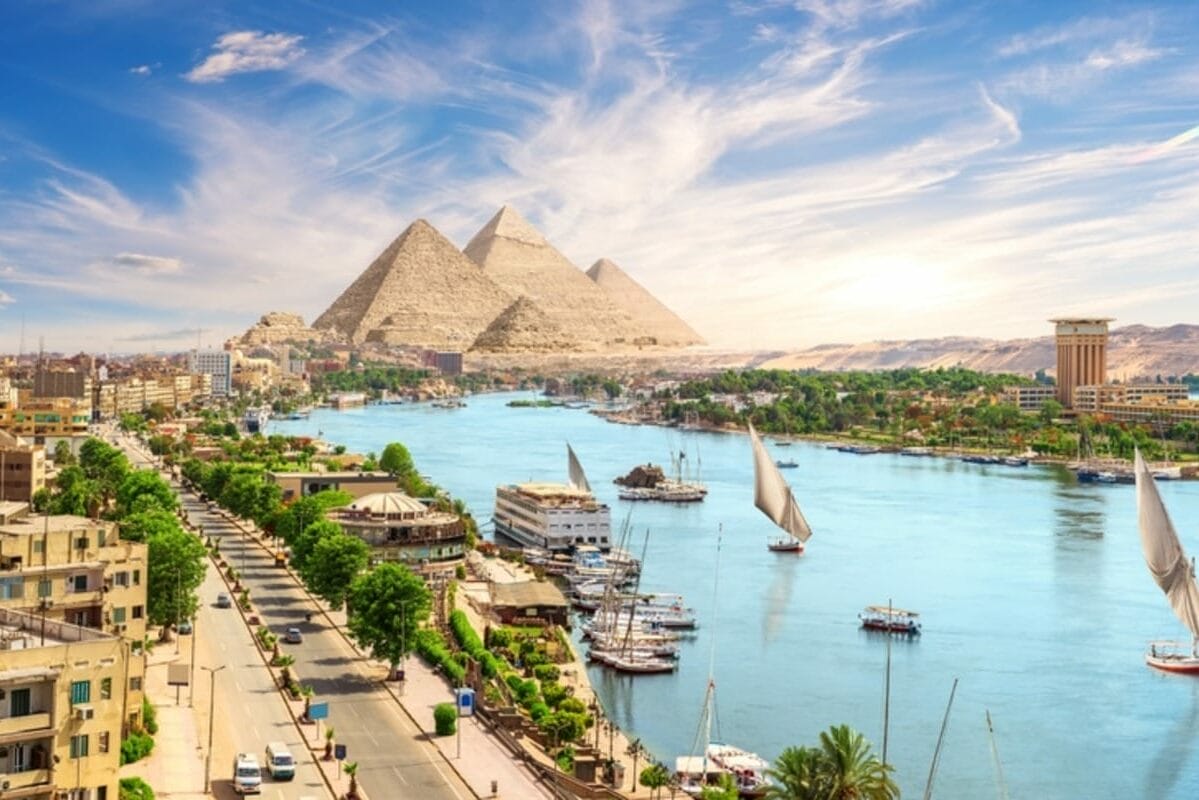A new report from Standard & Poor’s (S&P) shed light on the significant potential economic ramifications of the Gaza war. Specifically, the report forecasted substantial negative impact on the tourism industries in Egypt, Lebanon, and Jordan as a result of the conflict between Israel and Hamas.
The Agency has presented three extreme scenarios, projecting a total loss of $16.1 billion in tourism revenues across the three countries. Prior to the outbreak of the Gaza war, the tourism sectors in these countries were experiencing a distinct season, with significant increases in tourism revenues. Jordan witnessed a rise of over 50 percent in the first half (H1) of 2023, while Egypt saw a 30 percent increase during the same period. Both countries achieved record-high tourism revenues in the 12 months leading up to June. In Lebanon, the number of tourists grew by 33 percent from January to August.
At present, there is a discernible pattern of travelers opting to either cancel or reschedule their trips to the Middle East and North Africa (MENA) region. Recent data from the World Tourism Organization indicates a 20 percent surge in tourist arrivals in the region during the first seven months of this year, surpassing the figures from the same period in 2019. This remarkable growth has positioned the region as the only one to not only recover but also exceed pre-coronavirus levels in terms of tourism.
The war presents a range of potential consequences, such as physical destruction, capital outflows, reduced foreign direct investment (FDI), and the withdrawal of non-resident deposits. Additionally, the escalating humanitarian crisis in Gaza and the West Bank could lead to a new wave of refugees, similar to the situation witnessed in Jordan and Lebanon during the Syrian refugee crisis. This influx of refugees could impose economic burdens on the region, thereby weakening fiscal and credit standards.
Furthermore, an extended conflict could have far-reaching impacts, including substantial losses in GDP and a decline in foreign exchange earnings throughout the MENA region.
Read more: Record-breaking tourism in Egypt this year
Egypt’s recovery efforts
In an effort to revive the tourist season, Egypt has introduced new incentives to support the tourism sector in the areas adjacent to the Red Sea in South Sinai. Egyptian Tourism Minister Ahmed Issa, during a Monday interview, expressed that despite some delays in bookings extending until the end of the year, the tourism industry, which plays a vital role in Egypt’s limited foreign currency reserves, is expected to generate revenue exceeding $13 billion this year. Additionally, an estimated 15 million visitors are anticipated to arrive in the country.
Issa, speaking at the 2023 World Travel Market (WTM) in London, explained that the current impact is primarily affecting customers who have purchased products in the region, as Israel’s tourism sector has essentially come to a halt. This is where the most significant impact is being observed.
Looking at the bigger picture, the overall volume of bookings affected by the conflict represents less than 10 percent of the total number of bookings in Egypt.
Extra incentives
According to Reuters, Issa mentioned that Egypt is providing extra incentives of $500 for each flight landing in Sharm el-Sheikh. This is because Sharm el-Sheikh is where customers raise the most inquiries and have direct interactions with wholesalers, retailers, and airlines.
By the end of October, the influx of German tourists, accounting for approximately 10 million bookings, along with the arrival of Chinese tourists, contributed to a seven percent increase in overall tourist numbers in Egypt compared to the previous year.
As part of its plan to boost the growth rates of the tourism sector by 30 percent annually, Egypt is actively seeking to increase the involvement of the private sector and enhance its role in operating services at tourist sites and airports.
Issa stated that numerous private sector entities, both local and international, have expressed their interest in collaborating with the Egyptian government to manage airports.
Egypt is also optimistic that the Grand Egyptian Museum, situated adjacent to the Giza Pyramids, will significantly contribute to the growth of the tourism sector. According to Issa, the museum is anticipated to open its doors sometime between February and May of next year.
Moreover, Issa mentioned that they are currently exhibiting approximately 200 pieces in showrooms on a daily basis, and they are nearing completion of the audio guides.
For more news on hospitality & tourism, click here.








